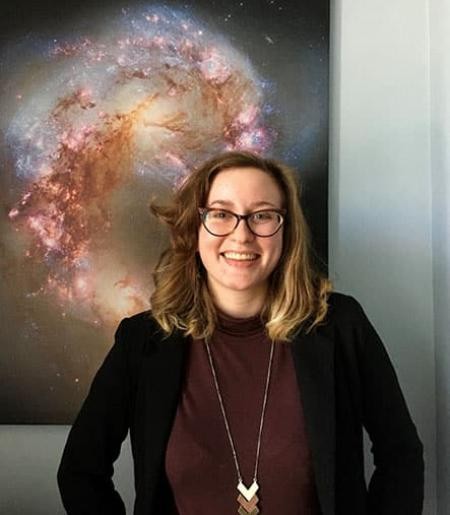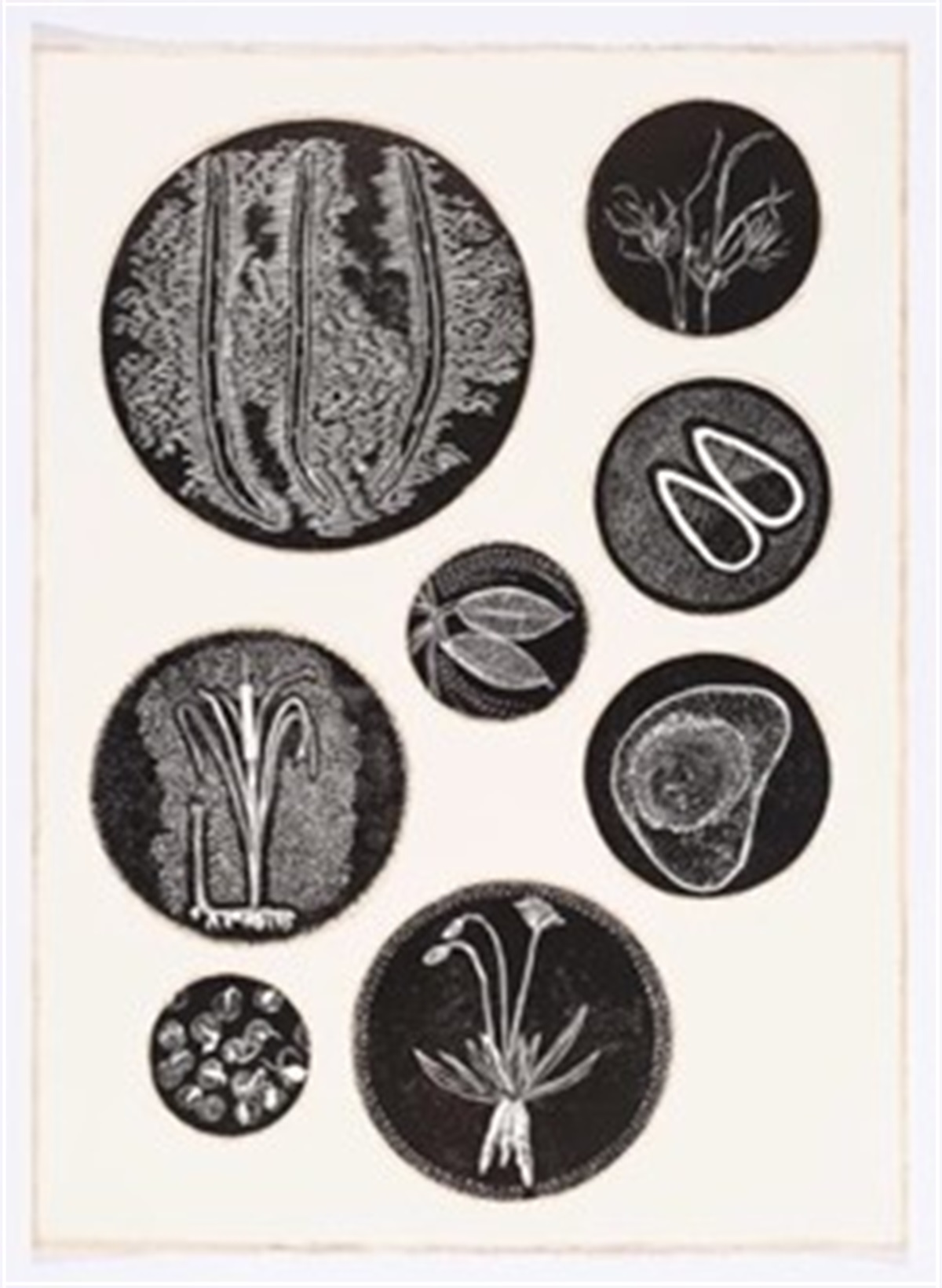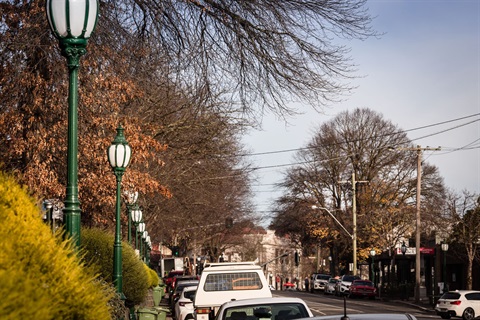Cornell is now able to welcome Brinson Prize postdoctoral fellows, joining a select group of institutions that host the prestigious astronomy fellowship program.
Stella Ocker, Ph.D. ’23 won a Brinson Prize fellowship, which she began Sept. 1 at the California Institute of Technology and Carnegie Observatories in Pasadena, California
A collaboration between The Brinson Foundation and the Space Telescope Science Institute (STScI), the Brinson Prize supports postdoctoral scholars in carrying out novel research in observational cosmology.
The application period is open now through Nov. 2, said Jonathan Lunine, the David C. Duncan Professor in the Physical Sciences in the College of Arts and Sciences (A&S) and chair of the department. He said the Cornell Department of Astronomy could be a particularly good fit for early-career astrophysicists and cosmologists who are committed to pursuing bold ideas through innovative research. He encourages prospective applicants to look at the astrophysical and cosmological research going on in the department.
“We have world-class research programs in cosmology, time-domain astronomy, and other areas of astrophysics, including some in collaboration with faculty in the physics department. Cornell also has a groundbreaking new astronomical facility- the Fred Young Submillimeter Telescope – that will soon be operational,” he said.
Stella Ocker, Ph.D. ’23 won a Brinson Prize fellowship this year, beginning her Brinson Fellowship Sept. 1 at the California Institute of Technology and Carnegie Observatories in Pasadena, California. During her fellowship, Ocker plans to synthesize state-of-the-art optical and radio surveys, including the Sloan Digital Sky Survey V and the Deep Synoptic Array, in order to build a distance ladder for using fast radio bursts as probes of the universe’s large-scale structure.
Read the full story on the College of Arts and Sciences website.








